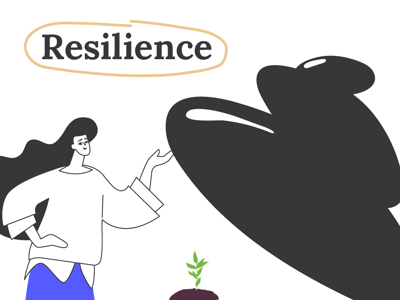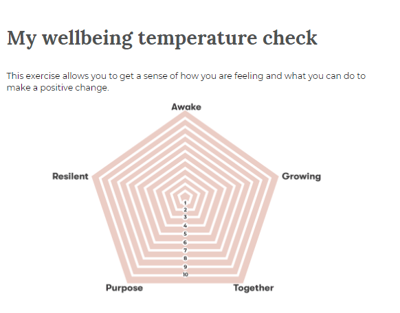
While a management role can bring huge rewards, it can often bring its biggest challenges as a leader too.
With companies struggling to adapt to the knock-on effect of recent COVID-19 lockdowns and new Brexit rules, it’s no wonder these changes are significantly impacting thousands of businesses and employees throughout the UK.
According to Benenden Health, since the start of the pandemic, more than 61% of managers have suffered from burnout at work, with 20% of all managers considering quitting their job as a result of the strain on their mental wellbeing. Whether you’ve been the CEO of a company for six months or 20 years, it’s natural for these unfamiliar changes to feel overwhelming.
This blog post explores the most common leadership challenges CEO managers face in today’s world and offers some practical tips to help you overcome burnout at any point in your career.
What Top CEOs Say about Employee Burnout and Work-Life Balance
Thrive Global’s CEO, Arianna Huffington, has always been open about her past career burnout, which led to her collapse and caused devastating injuries.
Arianna recommends anyone to “unplug from their phone, get seven to nine hours of sleep each night, eat breakfast every morning and take a break during the workday.”
The CEO of Basecamp, Jason Fried, has strict rules when it comes to becoming successful.
He believes in keeping to a 40-hour working week to avoid any costly mistakes from overtiredness and only attends meetings that are coordinated according to the personal schedules of the individuals involved.
Richard Branson, British entrepreneur and CEO of Virgin Atlantic, explains in a recent Inc. article: “If you're starting to feel like you're just going through the motions and losing sight of why you started, it might be time to take a break, collect your thoughts, get some rest, and reassess your strategy.” And he added in a Twitter post: “Burnout is a big problem for business and I’ve always believed that if you look after your people, they will look after your customers.”
What Are the Most Common Workplace Issues That Can Cause Burnout?
Lack of Trust and Communication with Employees
Since the pandemic started, the lack of trust and communication between employees and managers has been a well-talked-about issue. Employees working from home are often frustrated with feeling micromanaged, while managers suddenly have to adapt to remote management.
According to a Harvard Business Review study, during the COVID-19 pandemic, approximately 40% of the 215 supervisors and managers they interviewed expressed low self-confidence in their ability to manage workers remotely.
For CEOs in a similar position, it is vital to be open with honesty, offer trust and support to employees, listen to any concerns or ideas, and more importantly, lead by example. This will result in a healthy manager-employee relationship, which will benefit the company in the long run.
Morale
Morale can be a complex issue to tackle. With COVID-19 still far from behind us, it can be challenging to encourage yourself or employees to feel upbeat.
An example of the current employee morale statistics for 2021 is that 11% of UK and western Europe employees have the lowest employee engagement levels across the globe.
Here are some tips on boosting morale within a company:
- Give company incentives
- Organise company events
- Give employee recognition
- Encourage yourself and your employees to take annual leave.
Overworking
A new study has shown that people working more than 54 hours a week are at major risk of dying from overworking.
If you feel exhausted, now is the time to start delegating more work to your team. After all, you are not superhuman. So give yourself more time to concentrate on the tasks at hand.
Response to Uncertainty
Due to the unpredictability of COVID-19, it has become more difficult for companies to make any important decisions that may affect the company’s future. More and more companies are now relying on instinct, experience, and knowledge.
However, despite the pandemic, some businesses have dealt effectively with business uncertainty. A good example of effective decision-making during these uncertain times has come from Larry “Bobo” Merlo, CEO of the drugstore chain CVS Health. According to Forbes, Larry has made crucial decision-making to help build the company up and cope with the impact of COVID-19. Some of these measures include:
- CVS gave out bonuses between $150 and $500 to employees
- Twenty-four hours of paid sick leave for part-time employees
- Fourteen days of paid leave for workers who are quarantined or diagnosed with COVID-19
- Waived delivery fees for prescription medications, helping to keep vulnerable populations at home
- Fifty thousand job roles on offer.
 Natasha Wallace
Natasha Wallace


